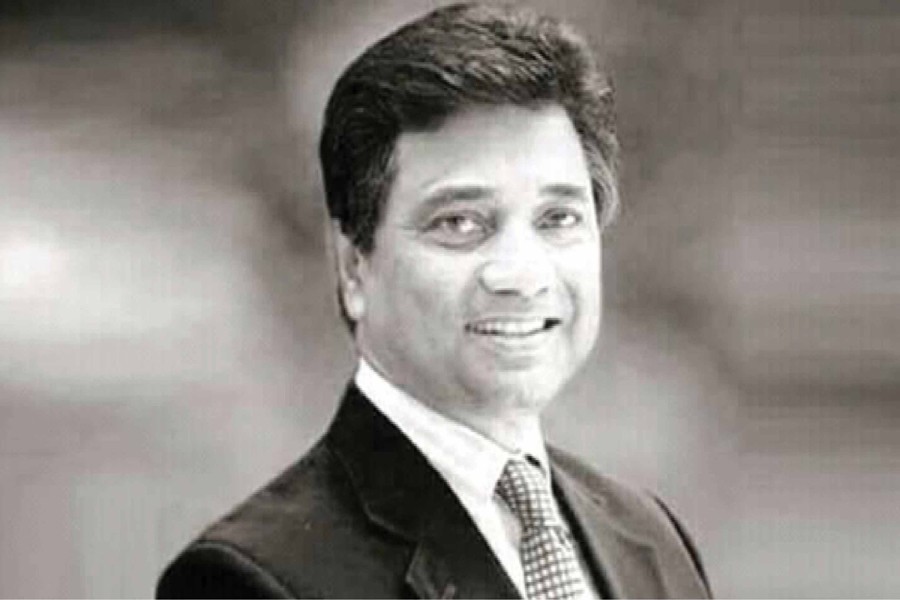The spontaneous outpouring of public condolences, from one and all on the streets, for the untimely death of Dhaka North City Corporation Mayor Annisul Huq reflects natural sentiments of the common people.
His political party affiliation had no role at all in drawing Annis closer to the Dhakaites; rather it was indeed his unwavering crusade against the systemic failure responsible for the capital city's slide into an unliveable place that did. All the glorious sacrifices during the nine-month long war in 1971 simply got tarnished when the entire world recently saw on TV and Internets how Dhaka plunged into the grip of flash floods in a capital of over 15 million people where the Supreme Court, Bangladesh Secretariat, the PM's Office, the PM's official residence and the Parliament Secretariat are located. Annis took the challenge of cleansing the mess in Tejgaon truck stand --a vicious crime zone--in one go. And he did it quite successfully with active support of security forces. The task was so stupendous and tough that he was feeling dizzy and extremely tired. Such dizziness finally led him to where he is now today: taking eternal rest with his mother and son at Banani graveyard.
Annisul Huq, in his death, has left behind hard lessons for the entire administration to follow. Already all efforts to rid the capital of water-logging now appear to be only mere eye-wash: no known meetings have ever been held to make progress in this regard. The Ministry of Local Government and Rural Development is yet to show any success of taking over the drainage system from Dhaka Water Supply and Sewerage Authority and vest the authority in two Dhaka city corporations, citing the reason that the Wasa had failed to properly take care of the dead canals. The maintenance responsibility of the canals had been lying with the Wasa for years though they are owned by the office of the Dhaka deputy commissioner. It has been unable to resolve the capital's water-logging crisis. So, the responsibility should be vested in public representatives as they are well informed of the people's needs.
The projects taken earlier did not succeed in effectively addressing the water-logging problem in Dhaka city. Therefore, all bodies including the two city corporations, Wasa, Rajdhani Unnayan Kartripakkha, Water Development Board and Bangladesh Inland Water Transport Corporation will have to engage in collaborative work and devise a master plan to resolve the problem.
Moreover, as things do not move in order without her personal attention, we feel that Dhaka's serious problems of urbanisation need to be dealt with by the prime minister herself. She can arrange a meeting of all stakeholders and give a particular time-frame to have the problems solved. The PM's involvement will give a strong message to the vested groups responsible for sending 'Dhaka into intensive care unit', as commented by Annis. Thus, they will no more be allowed to tarnish the image of Bangladesh abroad as its capital was done.


